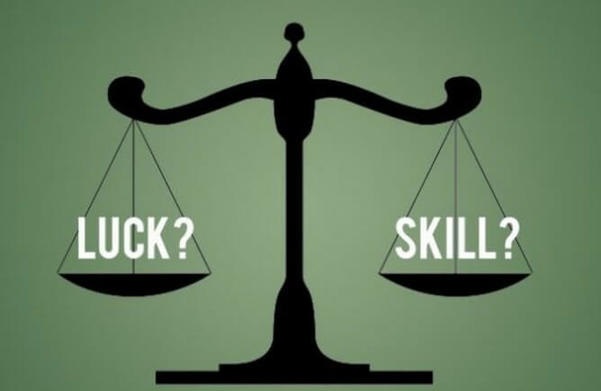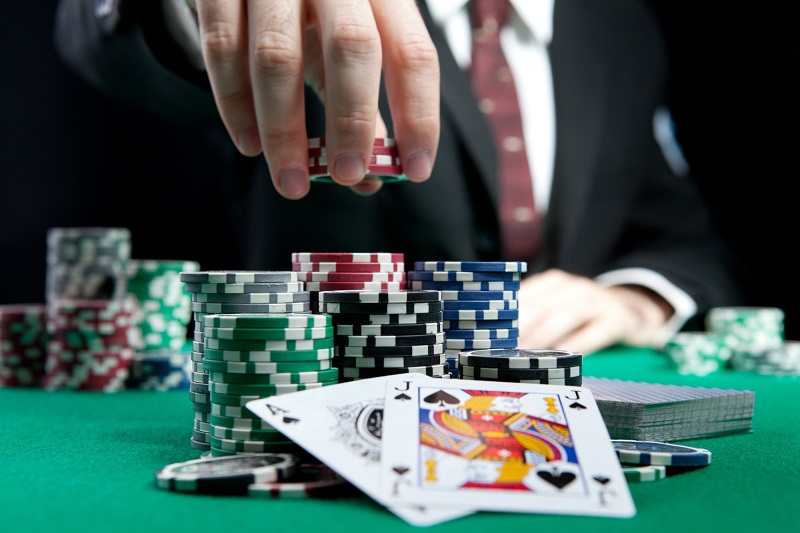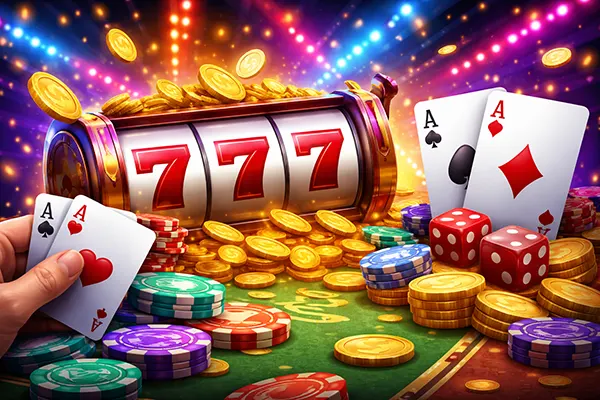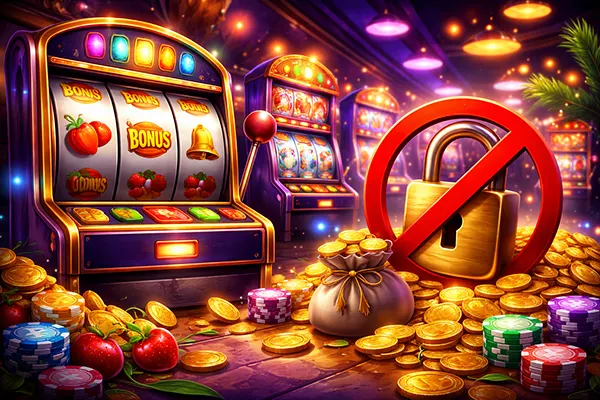
Poker: A Dance of Skill and Luck
Poker, with its blend of strategy, psychology, and chance, has always intrigued both players and spectators. The perennial debate surrounding this celebrated card game revolves around one primary contention: Is poker predominantly a game of skill or a game of luck?
Through the ebbs and flows of poker tournaments, some players consistently emerge victorious, while others fall short. Let’s delve deeper into this debate, attempting to pinpoint where the essence of poker truly lies.
The Calculated Approach
There’s a reason professional poker players spend hours honing their craft, studying their opponents, and learning the nuances of the game. Successful poker requires a keen understanding of probabilities, risk assessment, and game theory. One’s ability to read the table, anticipate moves, and adapt strategy is pivotal. Hence, there’s a compelling argument for poker being skill-centric.
Consider this: in a game purely of chance, one wouldn’t find the same players consistently reaching final tables or clinching titles. Yet, in the world of poker, we witness just that. Legends like Phil Ivey and Daniel Negreanu have built their legacies on a foundation of skill.

The Element of Uncertainty
While skill undoubtedly plays a significant role, one cannot discount the unpredictability introduced by the shuffle of cards. Even the most seasoned player can find themselves at the mercy of a bad beat or an unfavorable flop. This uncertainty, this reliance on the ‘luck of the draw’, adds another dimension to the game.
Luck can give an amateur a winning hand against a pro. It can change the trajectory of a game within a single turn. But, it’s essential to note, while luck can win battles, it’s seldom enough to win the war in long tournaments or cash games.
The Synergy of Both Worlds
The beauty of poker lies in its intricate blend of skill and luck. Players need the acumen to leverage their good luck and the resilience to weather the bad. It’s about making informed decisions, being strategically aggressive, and yet, recognizing when the cards aren’t in your favor.
Conclusion
Labeling poker as solely a game of skill or luck would be an oversimplification. It’s the interplay, the dance between strategy and chance, that gives poker its allure and depth. For those seeking to master poker, the path lies in respecting both elements and harnessing them to their advantage.





